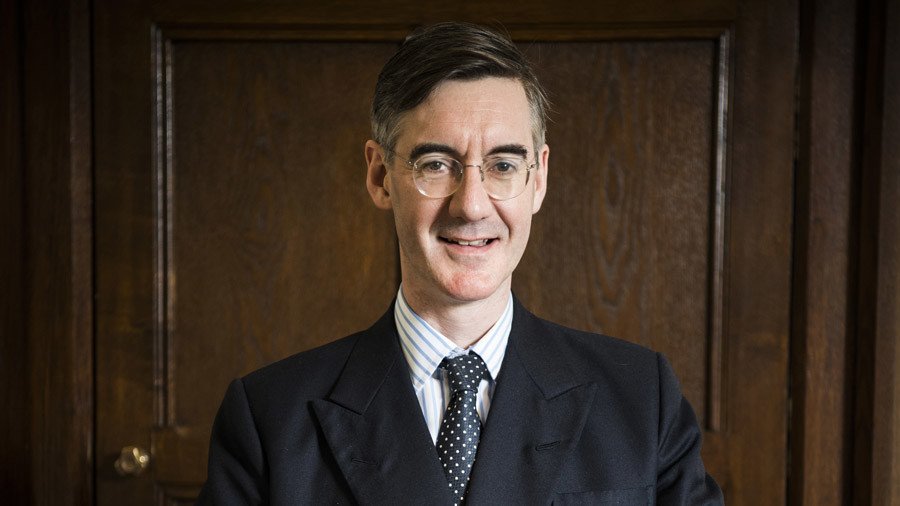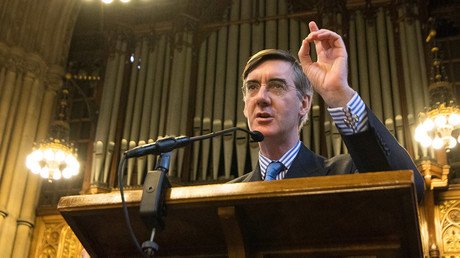Tory Brexiteers accused of using taxpayer cash to fund anti-EU campaigns

Hardline Brexit Tories are being accused of breaking parliamentary rules by funding anti-European Union campaigns with taxpayer's money. Labour is now calling for an urgent review.
Cabinet ministers, including high-ranking portfolio holders Sajid Javid, Andrea Leadsom, Penny Mordaunt and David Gauke, have been accused of breaking rules.
According to campaign group OpenDemocracy, they have funded the ‘hard Brexit’ European Research Group (ERG) using expenses. Popular Tory toff Jacob Rees-Mogg chairs the ERG now at the center of corruption calls from Labour and the Scottish National Party (SNP).
In the last eight years, 10 Tories have subscribed to the group, and paid for it, while holding ministerial posts. These include Michael Gove and Chris Grayling, who did so shortly before the referendum, information from the Independent Parliamentary Standards Authority (IPSA) shows.
Critics have questioned how it is possible for a lobby group to take funding from MPs' expenses. Labour MP and former Culture Secretary Ben Bradshaw stated: “Under a functioning government, anyone who had allegedly broken the ministerial code could expect – at best – a difficult conversation with the prime minister. The fact that this almost certainly won’t happen shows quite how much Theresa May is in hock to the radical right of her party.”
A government spokesperson has denied that there has been any breach of parliamentary rules. The group, however, has amassed influence and been seen in a number of high-profile interventions, mostly led by Rees-Mogg.
Only last week, the Tory backbencher gave yet another speech on May’s handling of Brexit and the conduct of those tasked with battling Brussels.
“Their approach seems to be that we must accept what the EU will allow us to do and build from there. This is no way to negotiate and it is no way for this country to behave,” Rees-Mogg said.
In September, the ERG’s former chair, Suella Fernandes, asked MPs to sign a letter calling on the government to ensure a hard Brexit.
While last year, the Times described the ERG as “the most powerful opposition force in British politics.”
The group was set up by former Tory MP Michael Spicer, who stood down in 2010. MPs and ministers have been able to fund the ERG by siphoning off thousands from their research funds and using it for their roles within the group, according to OpenDemocracy.
“I set up the European Research Group in July 1993 towards the end of the Maastricht furor,” Spicer told the Telegraph this week. “It comprised Conservative Members of Parliament who were concerned about the direction being taken by the European Union towards becoming a federal state.
“The group was formed on the presumption that the most effective way of at least modifying this process was by working internally within the Conservative Party rather than, for instance, setting up a rival party such as UKIP.”
To this day, the ERG has refused to release a full list of members.
If you like this story, share it with a friend!















